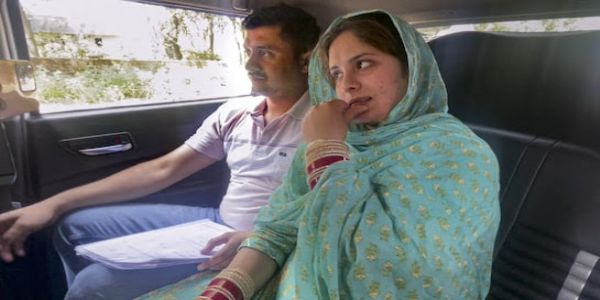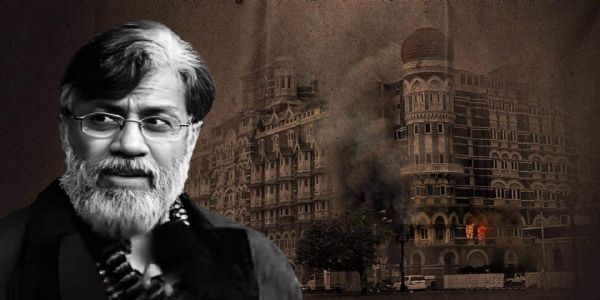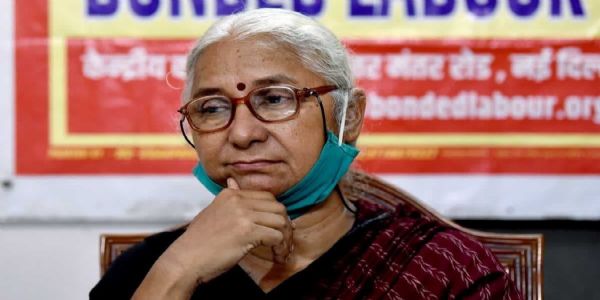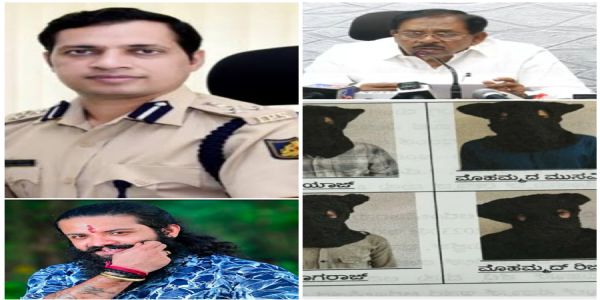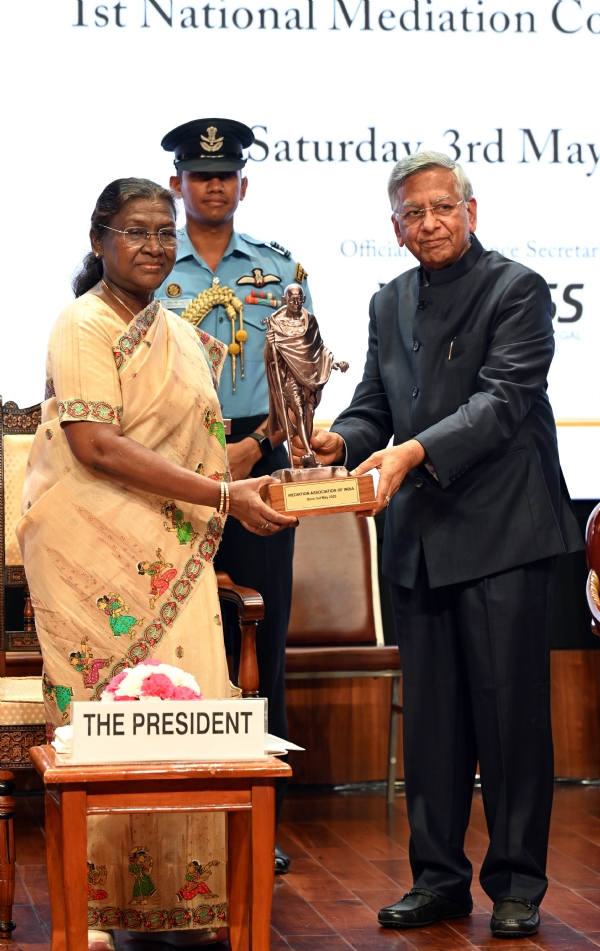
New Delhi, 3 May (H.S.): President Droupadi Murmu, inaugurated the Mediation Association of India and addressed the First National Mediation Conference 2025 in New Delhi on May 3, 2025. During her address, she highlighted that the Mediation Act, 2023 marks a crucial step in reinforcing India’s civilizational legacy and emphasized the importance of bolstering its implementation. She pointed out that extending the dispute resolution framework of the Mediation Act to rural areas is essential for empowering Panchayats to mediate conflicts effectively, which is vital for social harmony and national strength.
Recognizing mediation as a fundamental component of justice delivery within the Constitution, the President noted that it can expedite justice processes and alleviate court burdens, thereby improving the efficiency of the judicial system. By facilitating mediation, developmental pathways that may have been hindered can be unlocked, enhancing both the ease of doing business and quality of life, thus contributing to the vision of Viksit Bharat by 2047.
The President also reflected on India’s historical tradition of judicial mechanisms favoring out-of-court settlements, particularly through Panchayats, which have traditionally sought to resolve disputes amicably while fostering social cohesion. The previous colonial legal system overlooked this legacy, and while it allowed for mediation, it lacked a structured framework. The Mediation Act, 2023 addresses this gap, laying the groundwork for a robust mediation ecosystem in India.
The President emphasized that the First National Mediation Conference transcends ceremonial significance; it is a clarion call for collective action in shaping the future of mediation in India. This event urges us to foster trust, enhance professional skills, and ensure mediation is accessible to all citizens, irrespective of societal divisions. The establishment of the Mediation Association of India represents a pivotal advancement in sustaining this mission, as it seeks to institutionalize and promote mediation as a preferred, structured, and accessible means for conflict resolution in a world that demands timely solutions to disputes. The President highlighted the importance of viewing effective dispute resolution not just as a legal requirement but as a social necessity. Mediation, he noted, encourages dialogue, understanding, and collaboration—values that are vital in creating a harmonized and progressive nation. Such an approach is expected to cultivate a society that is resilient to conflict, inclusive, and harmonious. By embracing mediation, India can move towards a future where conflicts are resolved constructively, benefiting all its citizens. This proactive stance on mediation is essential for the overall development and peace within the country, signaling a collective commitment to nurturing a more cohesive and understanding society.
---------------
Hindusthan Samachar / Jun Sarkar





